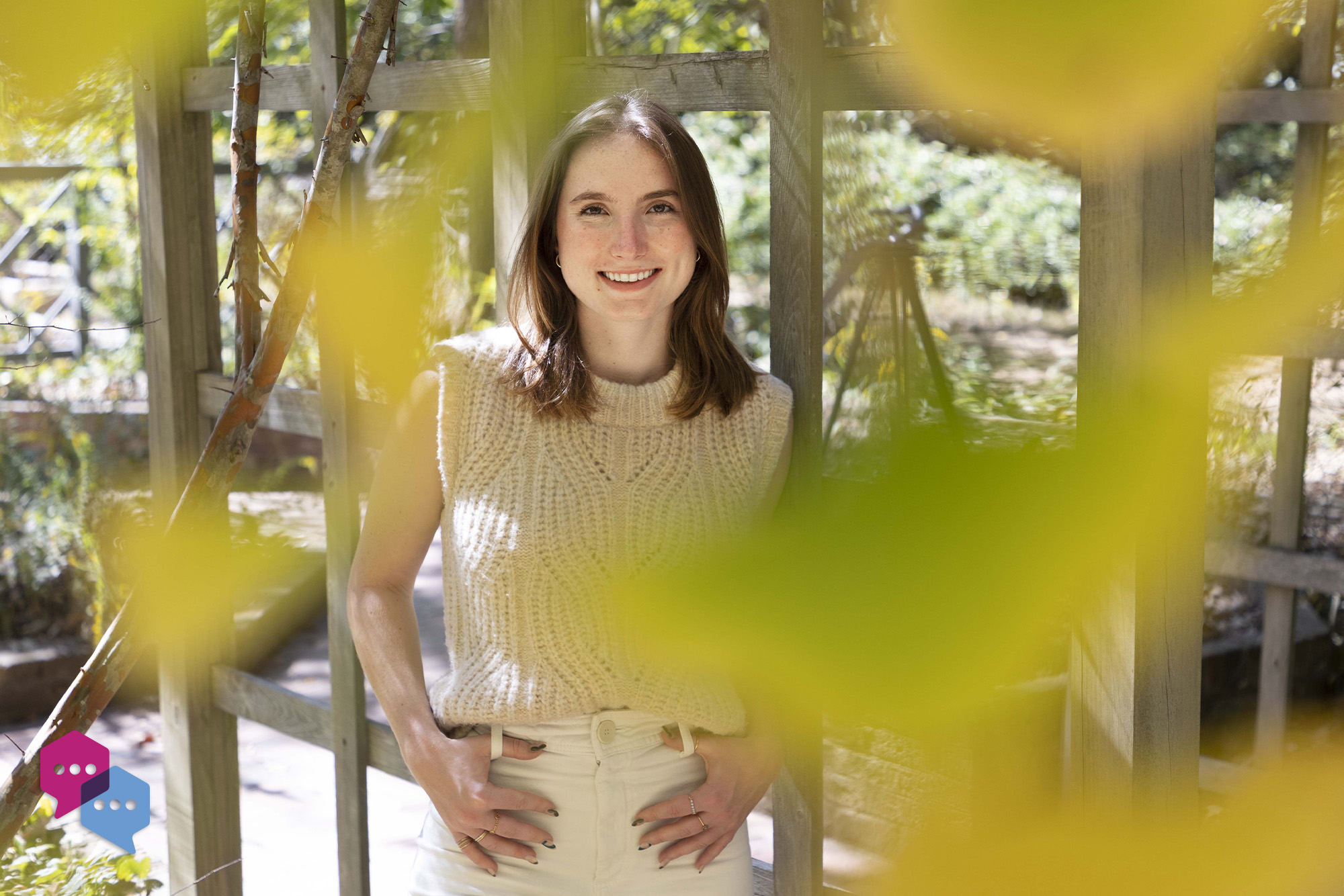Margot Midkiff is a senior majoring in health policy and management within the UNC Gillings School of Global Public Health. She investigates the impact of natural disasters and climate change on human health, society, and agriculture over time, both locally and nationally.
Q: How did you discover your specific field of study?
A: My first year at Carolina, I took Anthropology 101 with Caela O’Connell. I met with her during office hours and loved hearing about the research she conducted. Anthropology teaches individuals to look at both historical and present events to not only learn about situations outside your own culture, but to look at those situations through a specific culture’s perspective. This teaches respect and empathy and grows overall awareness. By the end of the semester, I told Professor O’Connell I was interested in getting more involved in her research, and she offered me a position in her lab — which I’ve been working in ever since.
Q: Academics are problem-solvers. Describe a research challenge you’ve faced and how you overcame it.
A: The summer before my junior year at Carolina, I was working to build a library of journal articles, research reports, and existing data sets on climate change, disasters, water pollution, salinization, and other topics for the lab. Because we are an anthropological lab, I wanted to find personal stories that were indicative of how these environmental events impact individuals in the community.
At first, I was having a hard time finding personal accounts of storms that happened in the 1930s in North Carolina — mostly because the journal articles and reports that I was reading were mainly quantitative. Then, one morning when I was reading the news, it dawned on me that one of the best ways to learn about people and their stories is through newspapers. I searched through newspaper archives and found interviews with community members impacted by the 1933 hurricane that hit the Outer Banks.
Q: Describe your research in five words.
A: Storms pass, but impact lasts.
Q: Who or what inspires you? Why?
A:My family. As cheesy of an answer as that is, growing up I was surrounded by hard-working parents and an incredibly creative and innovative younger sister. Every day, my family exemplifies ambition and showcases what it means to have a strong work ethic not just for yourself but for others. Because of them, I am inspired to work harder and to work for others so that my community can thrive.
Q: If you could pursue any other career, what would it be and why?
A: I’m pursuing a bachelor’s in public health focused on health policy and management at the Gillings School of Global Public Health. During my time in the program, I have learned a lot about the inequalities in health care, especially when discussing the relationship among the three sides of the Iron Triangle: access, cost, and quality. Therefore, another career I would like to explore is policy, so that I can work to eliminate institutional inequalities by increasing overall accessibility to healthcare while making sure quality of care is at the forefront of decision-making.


